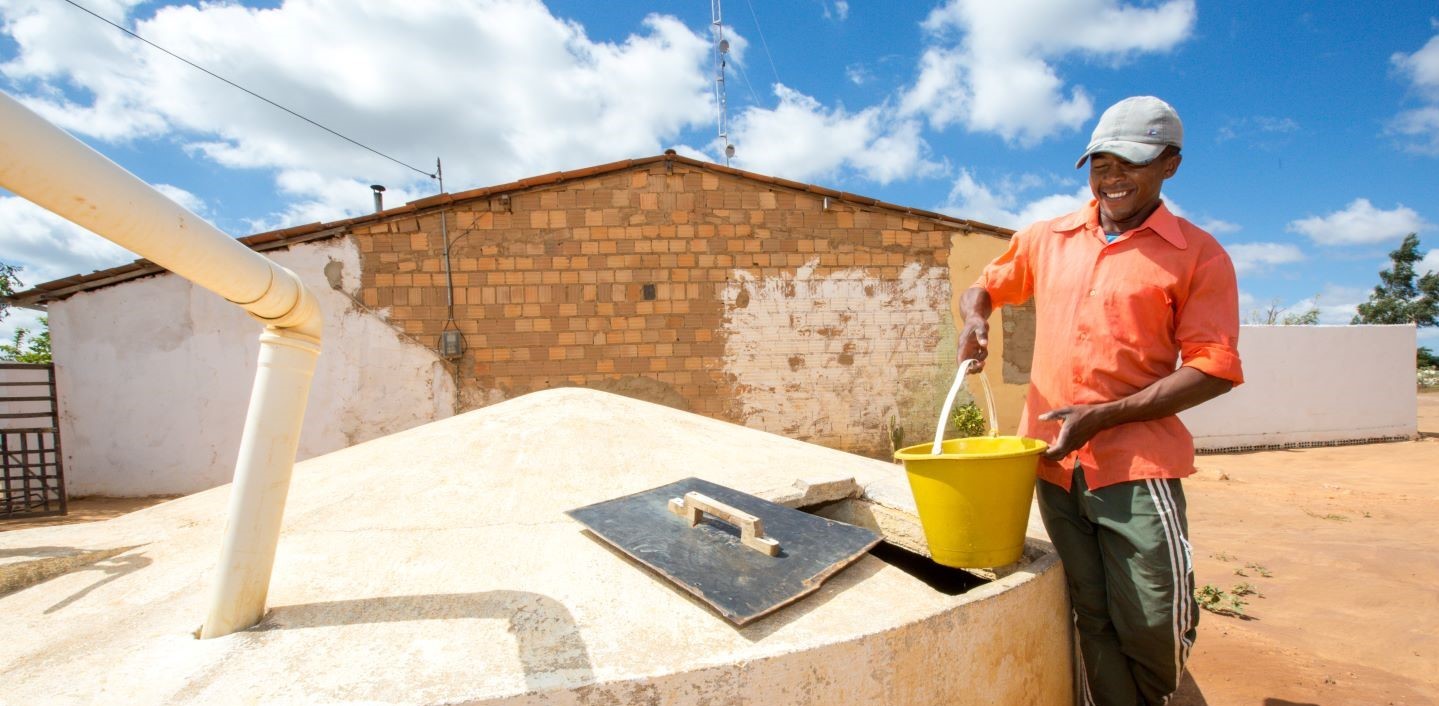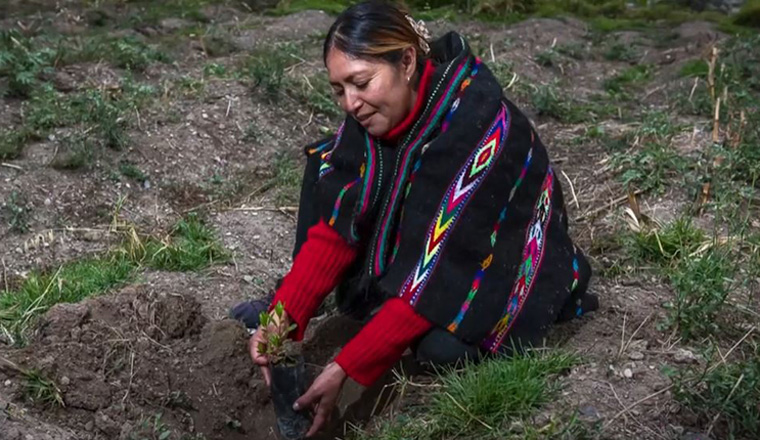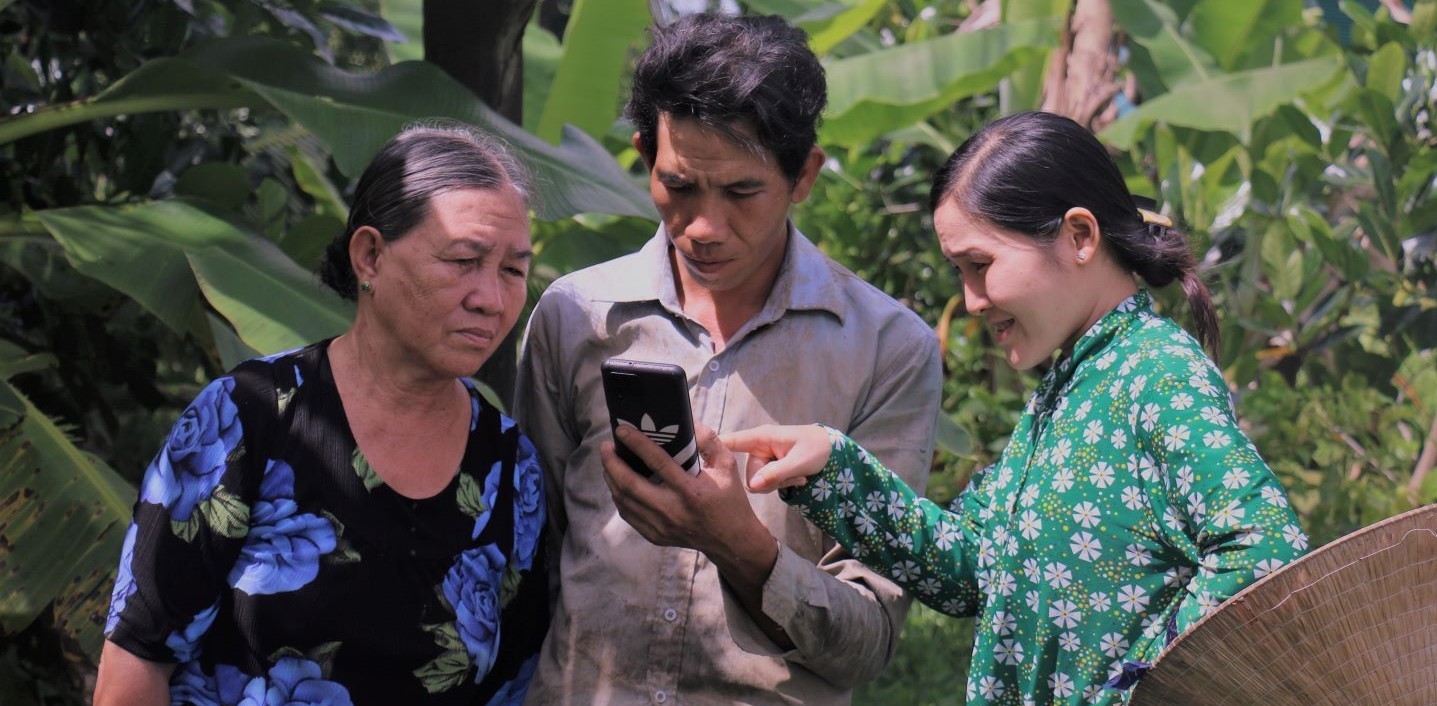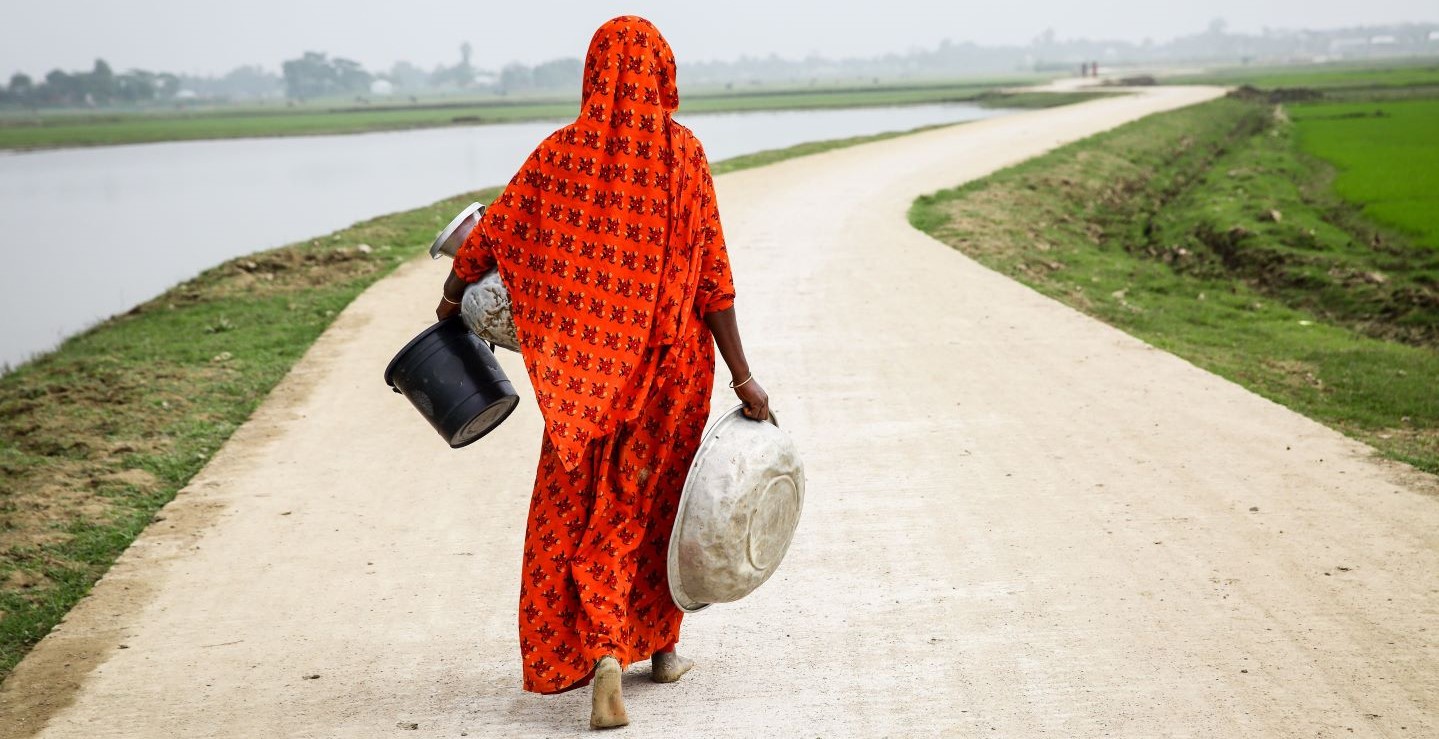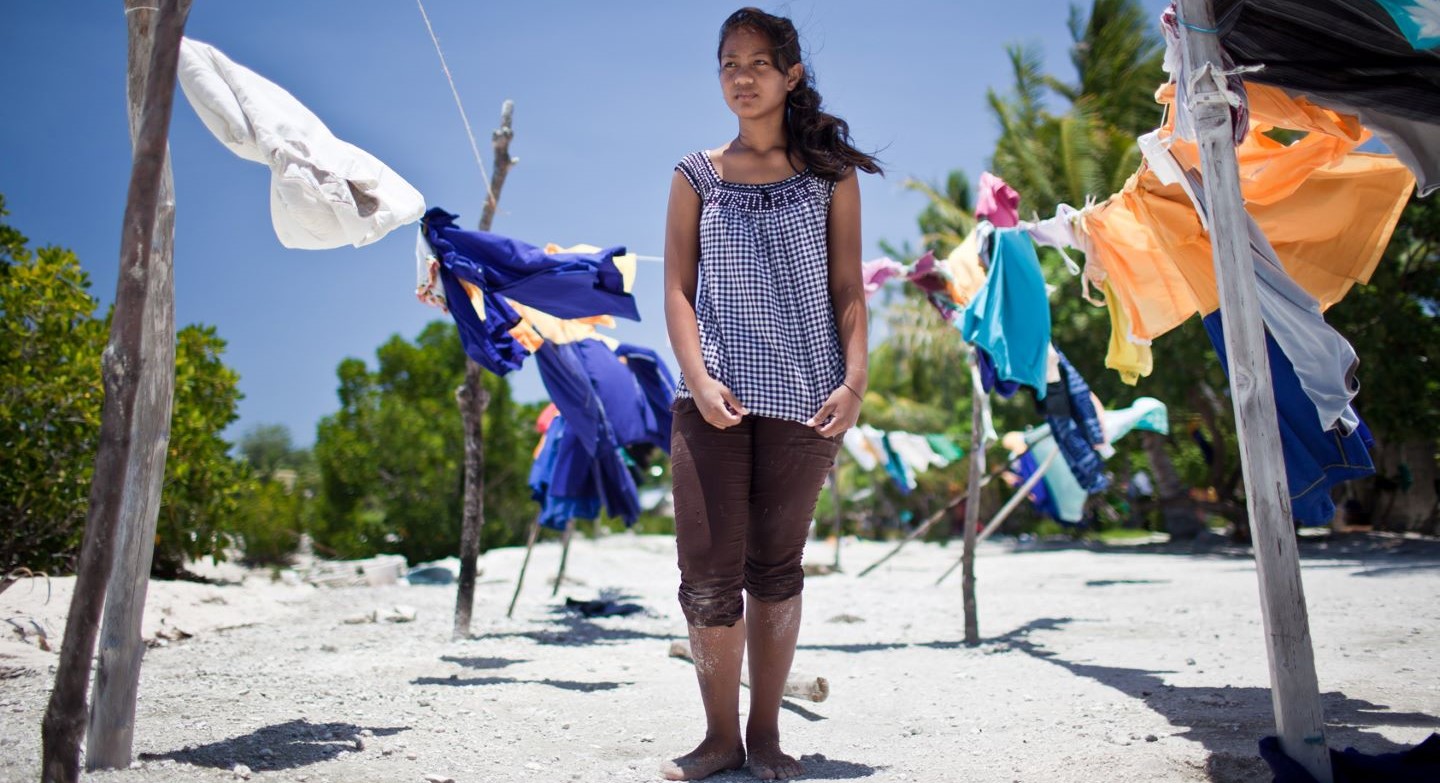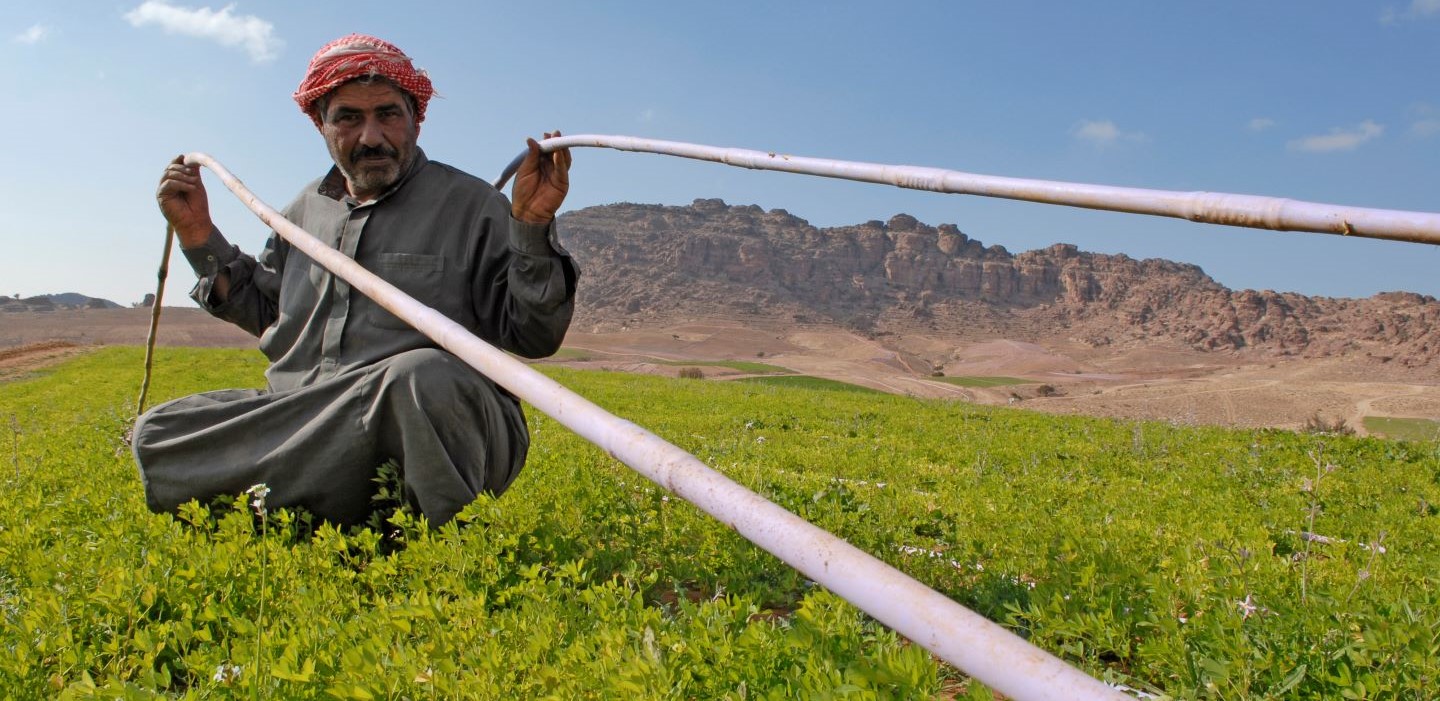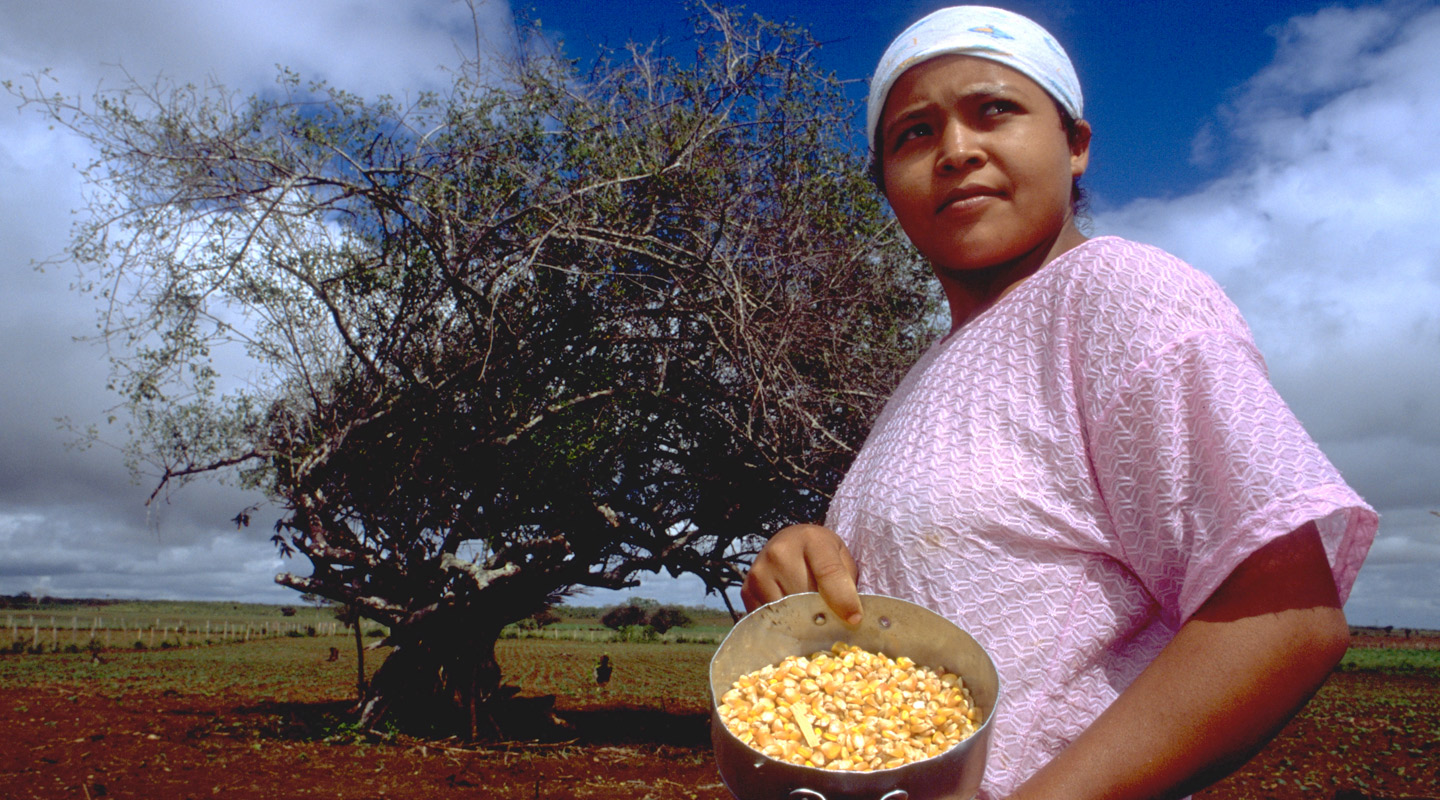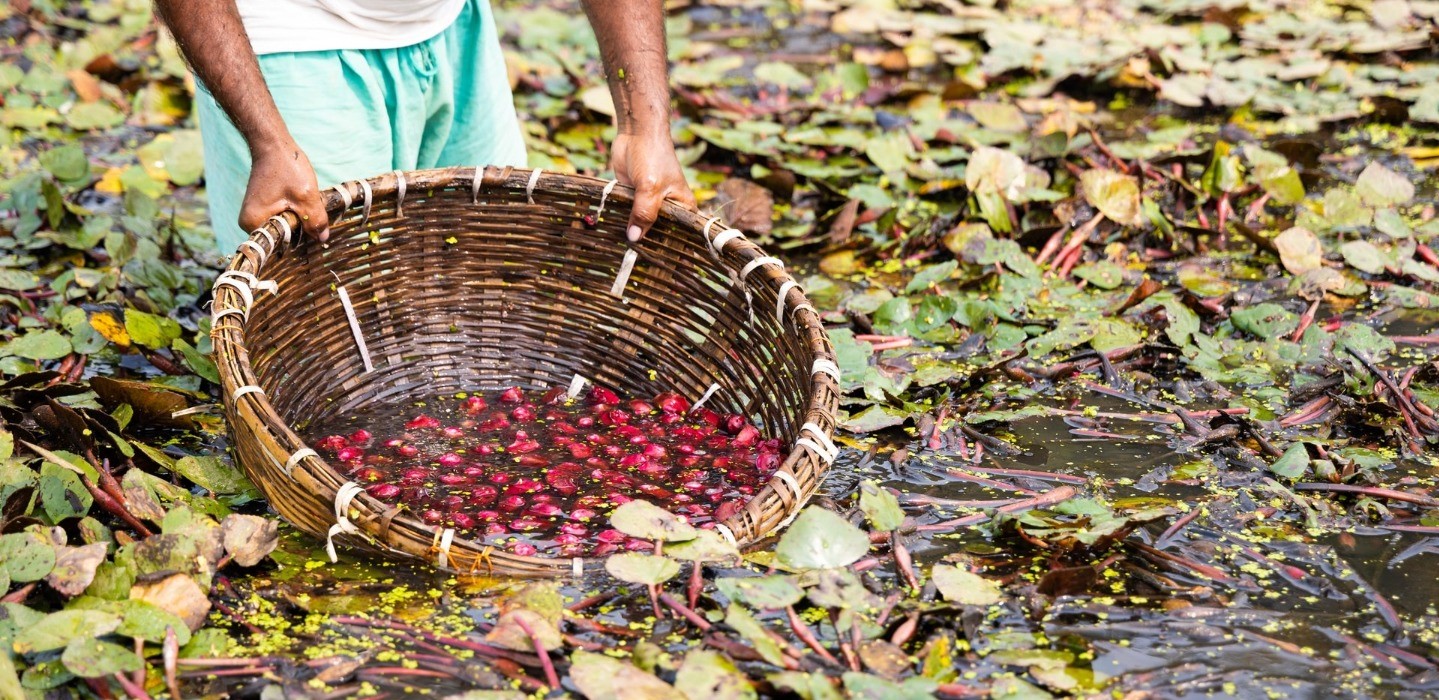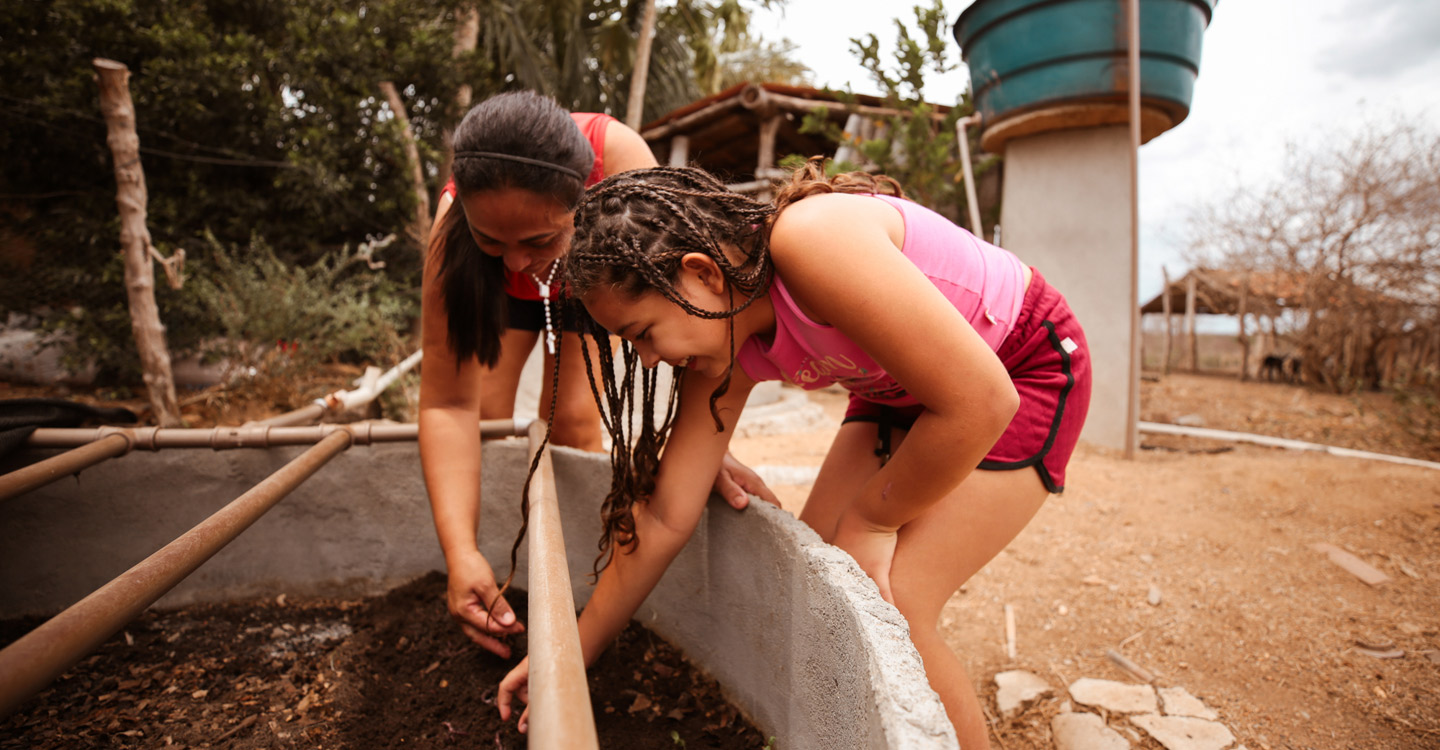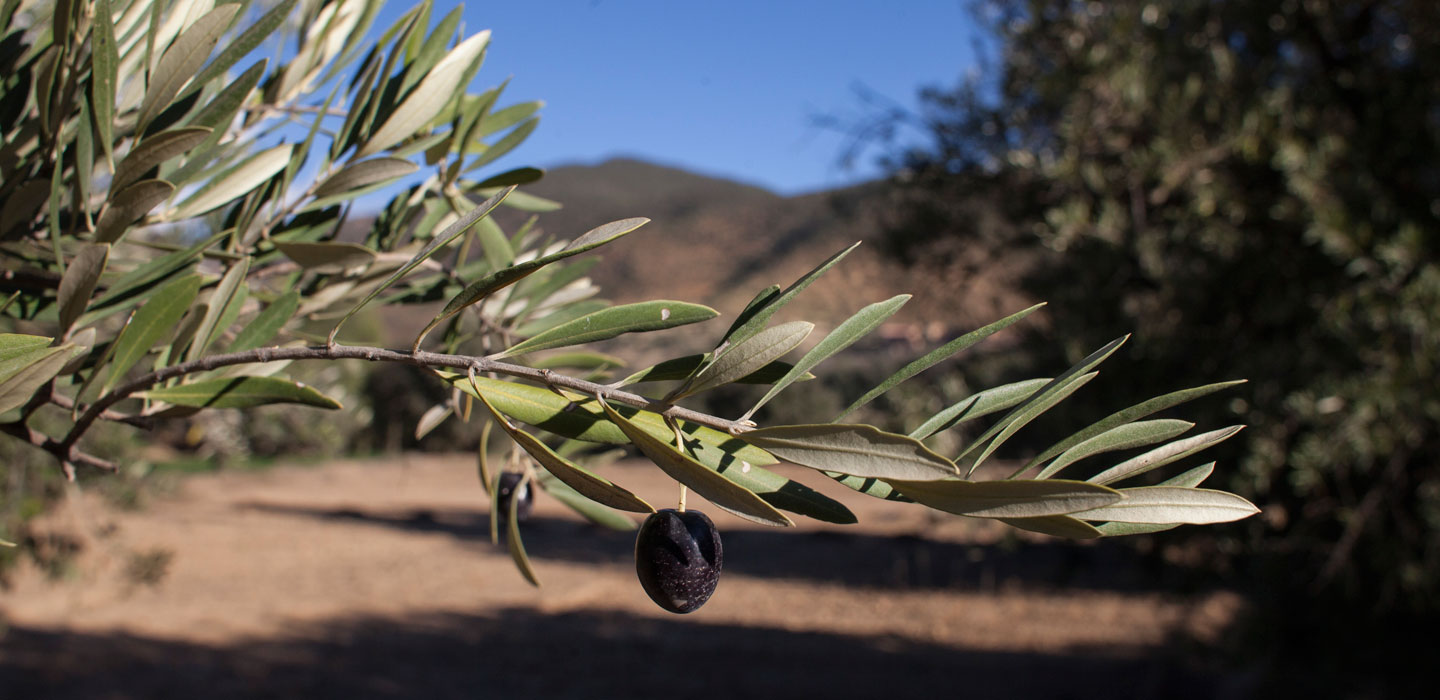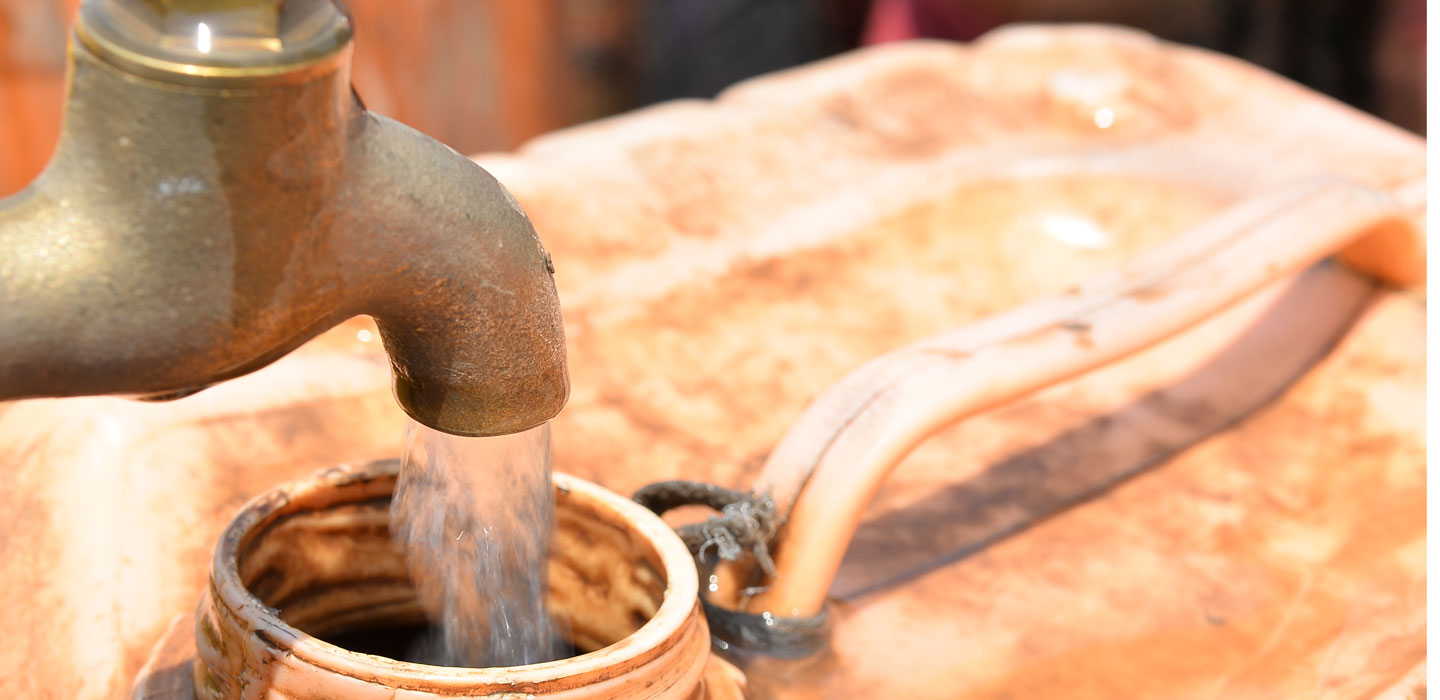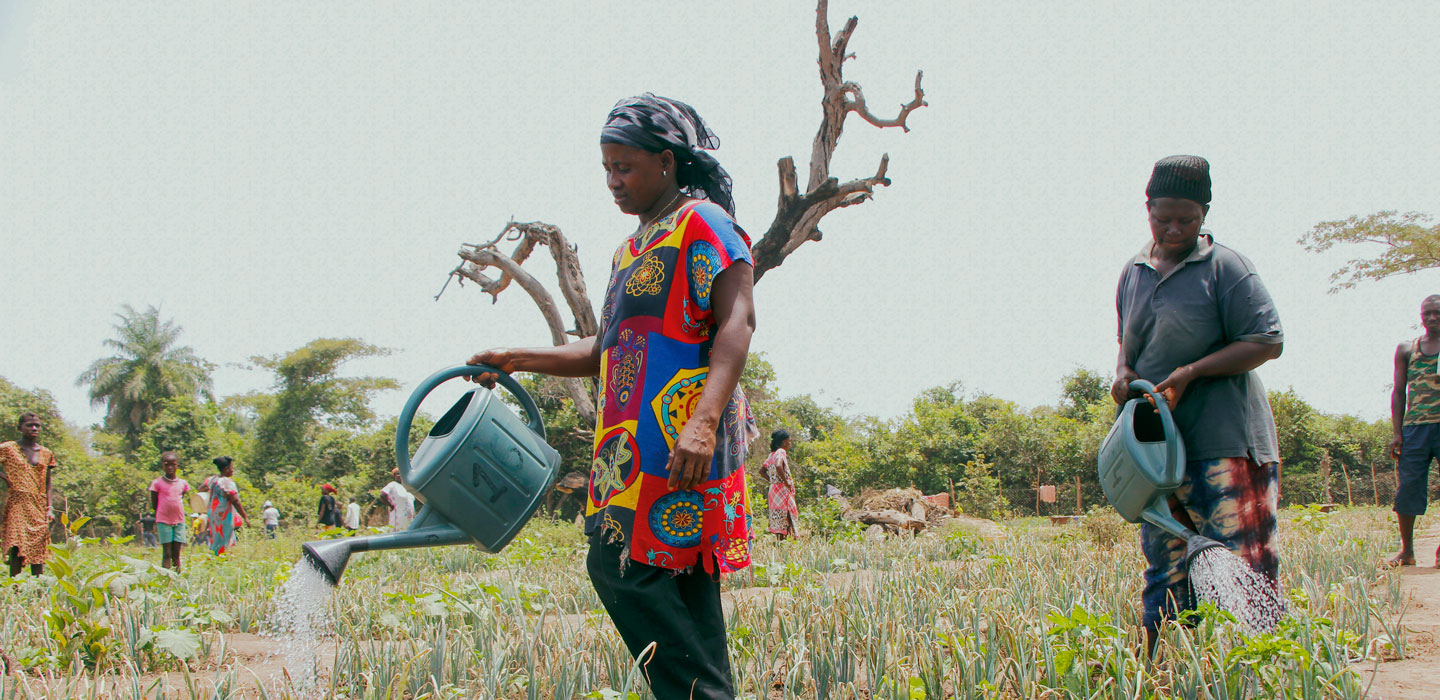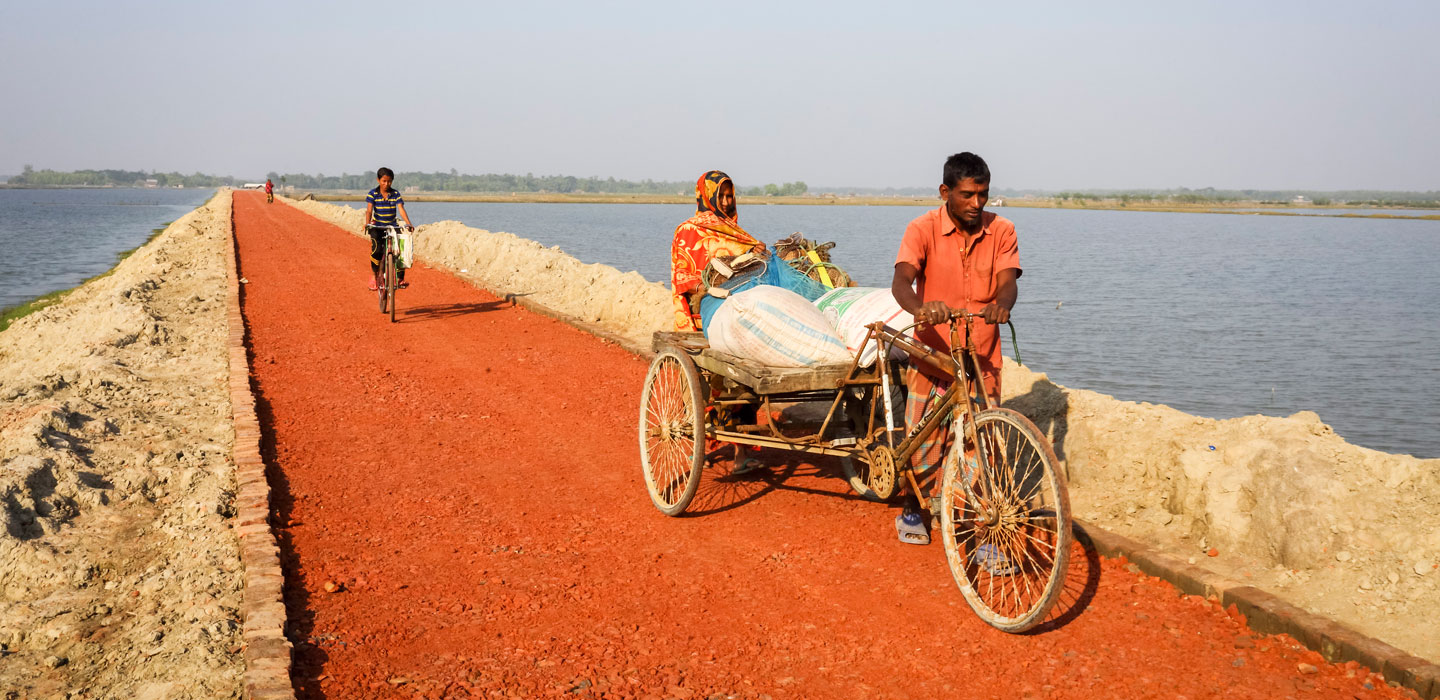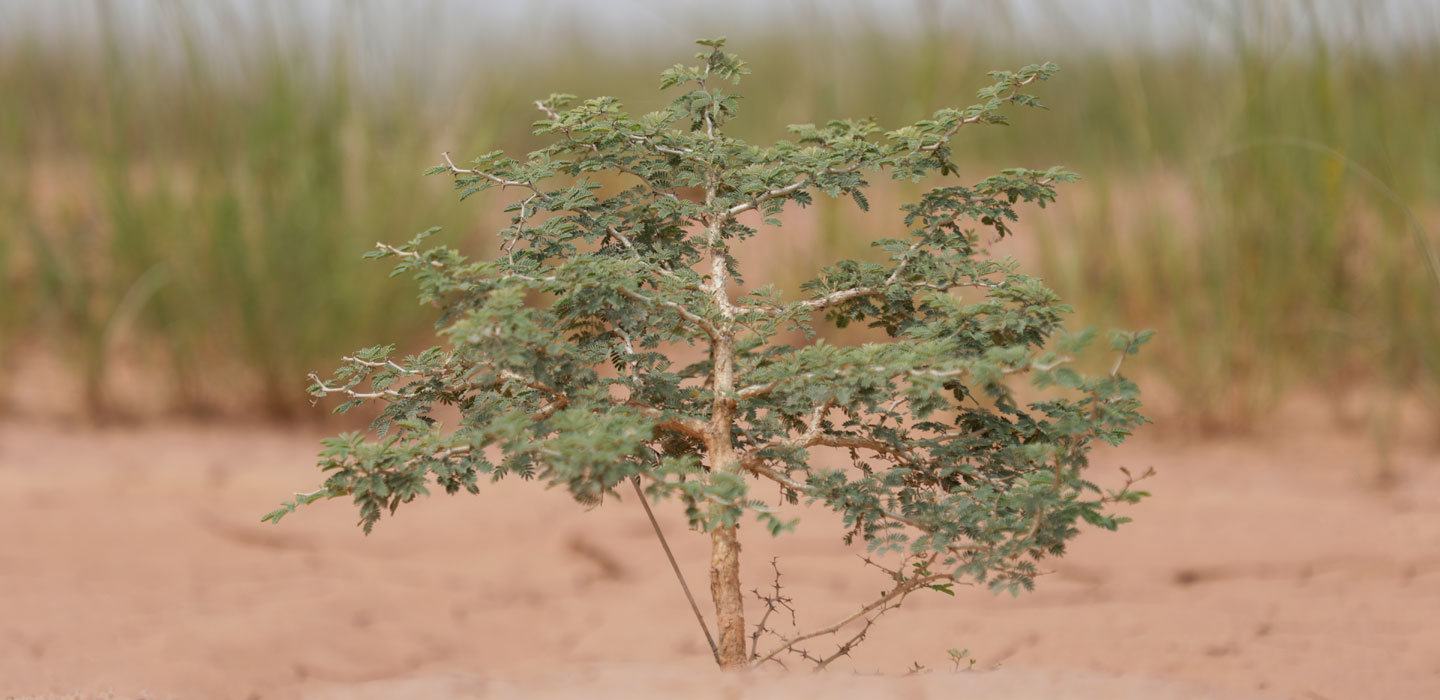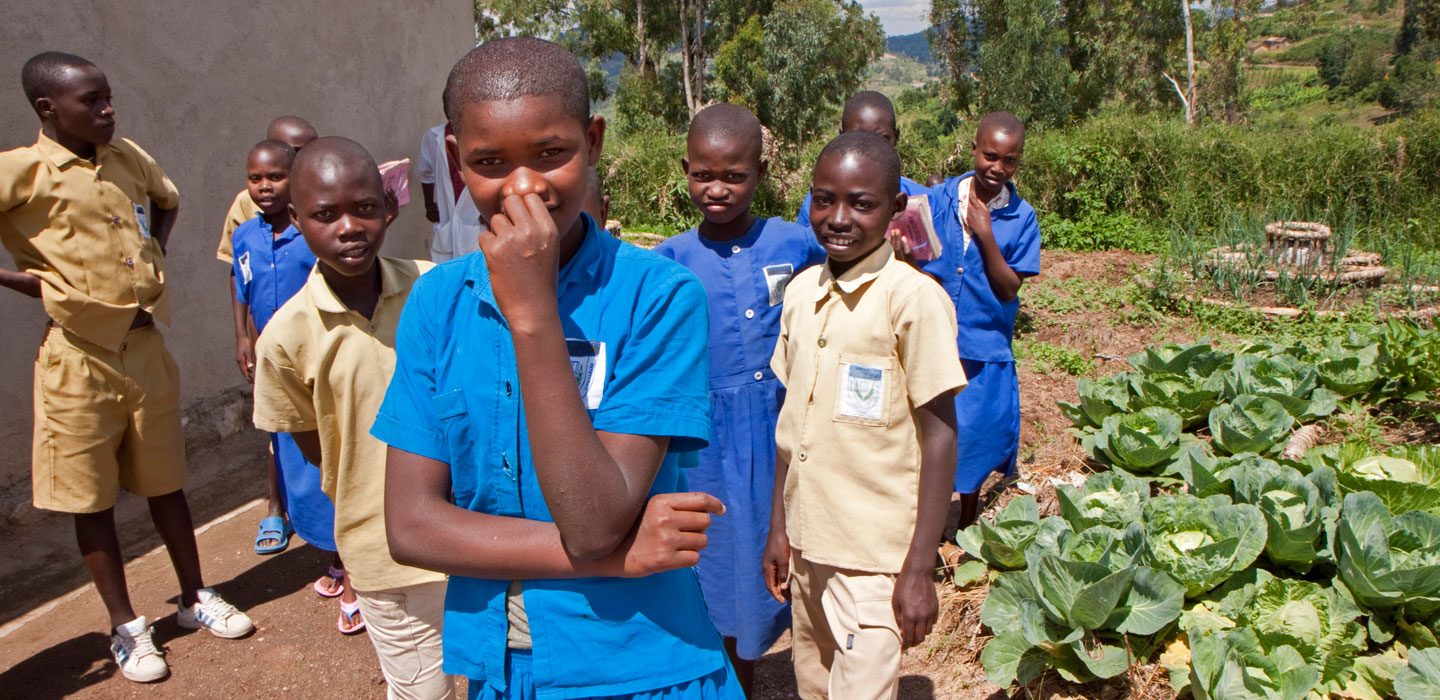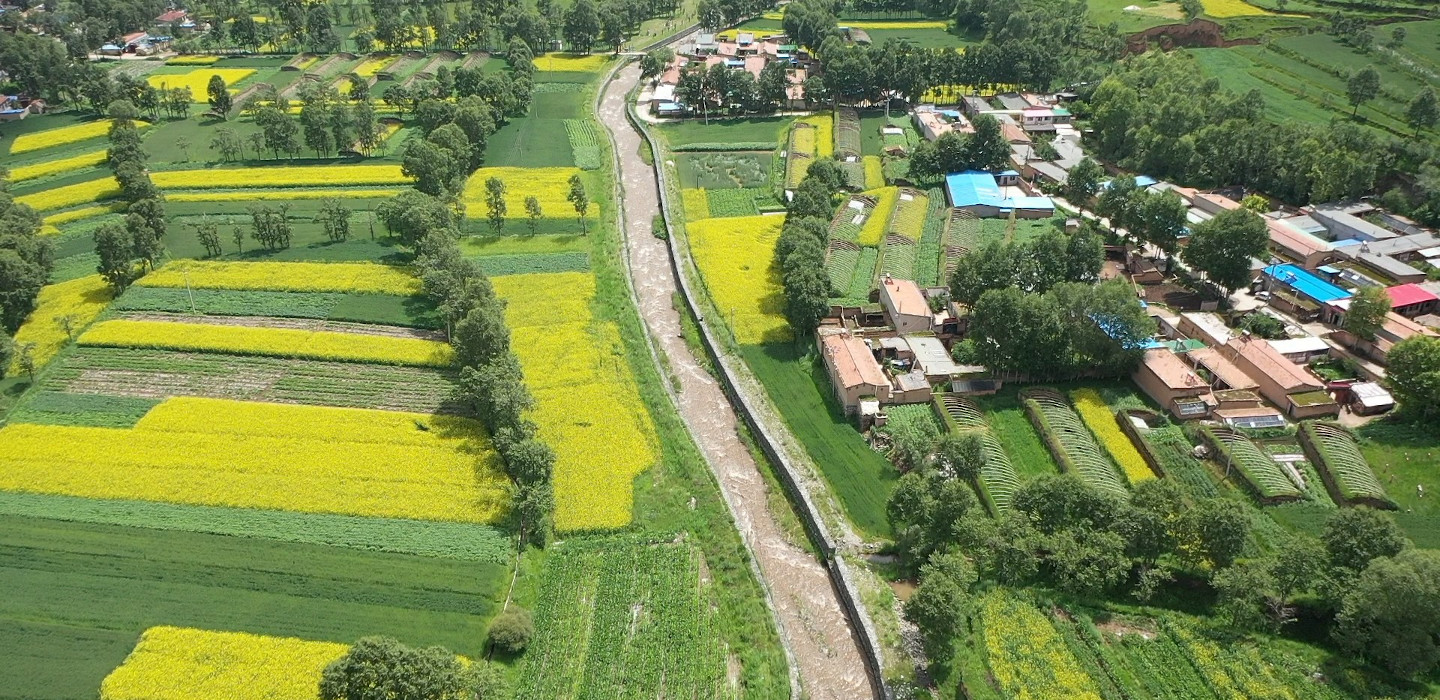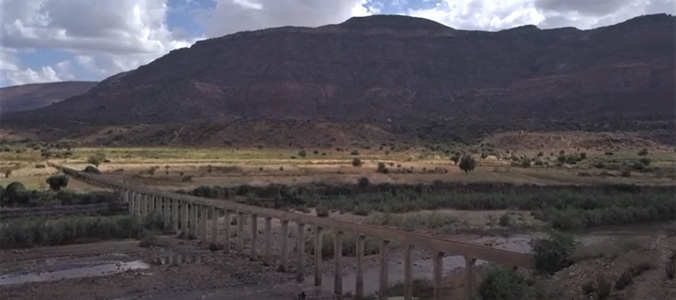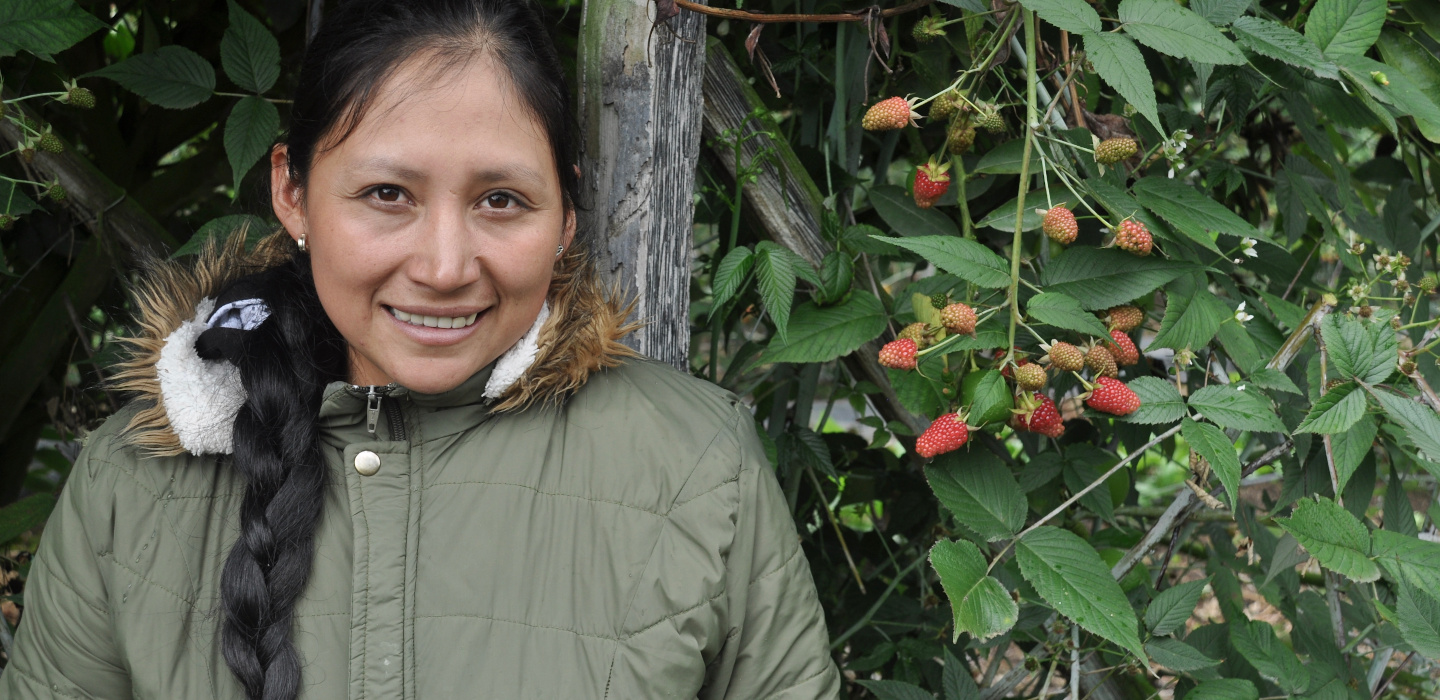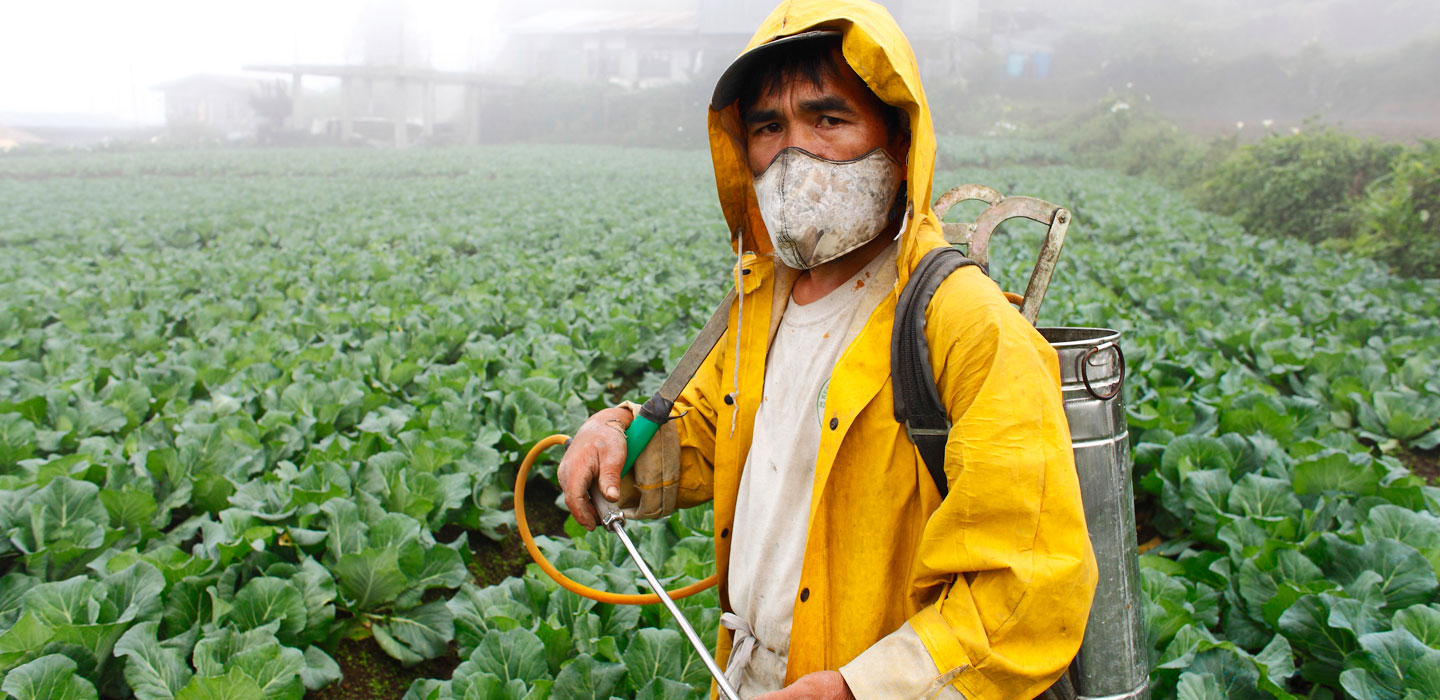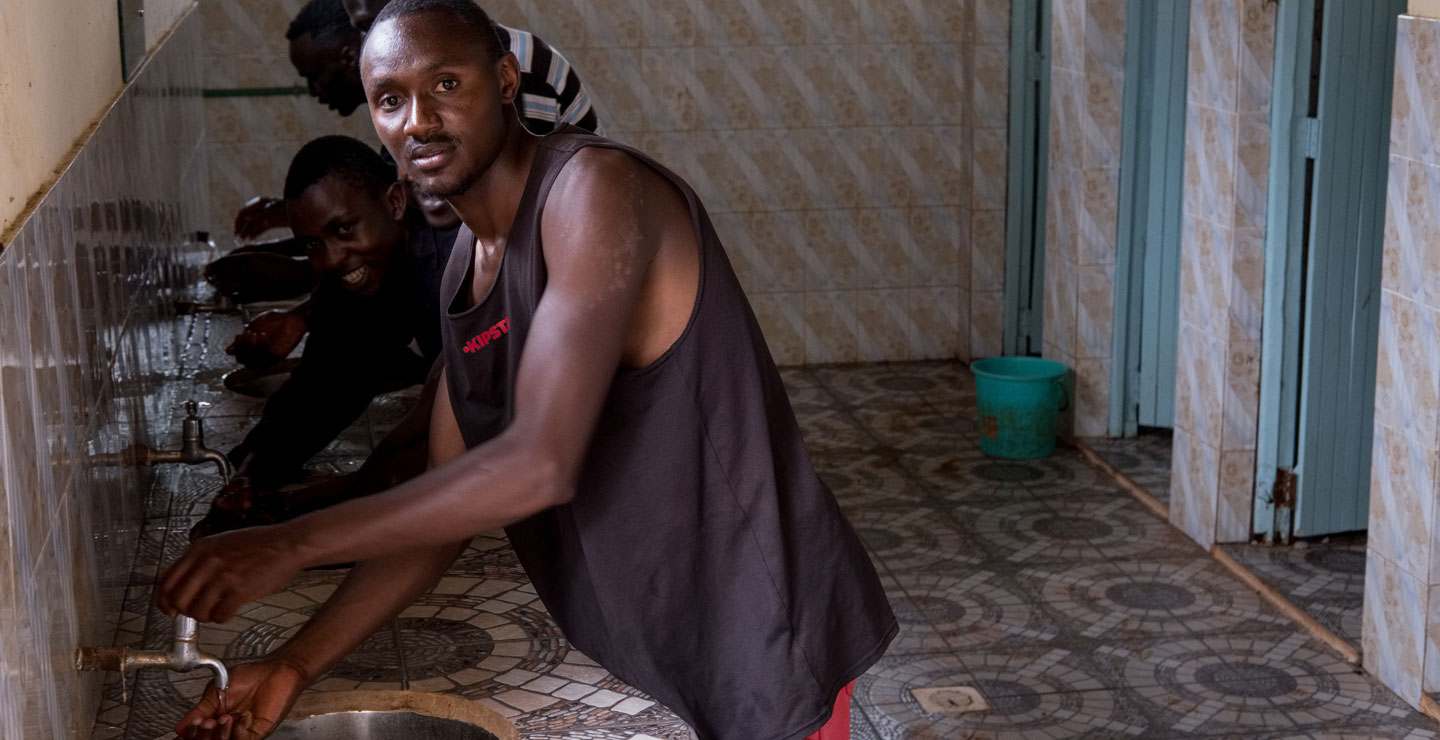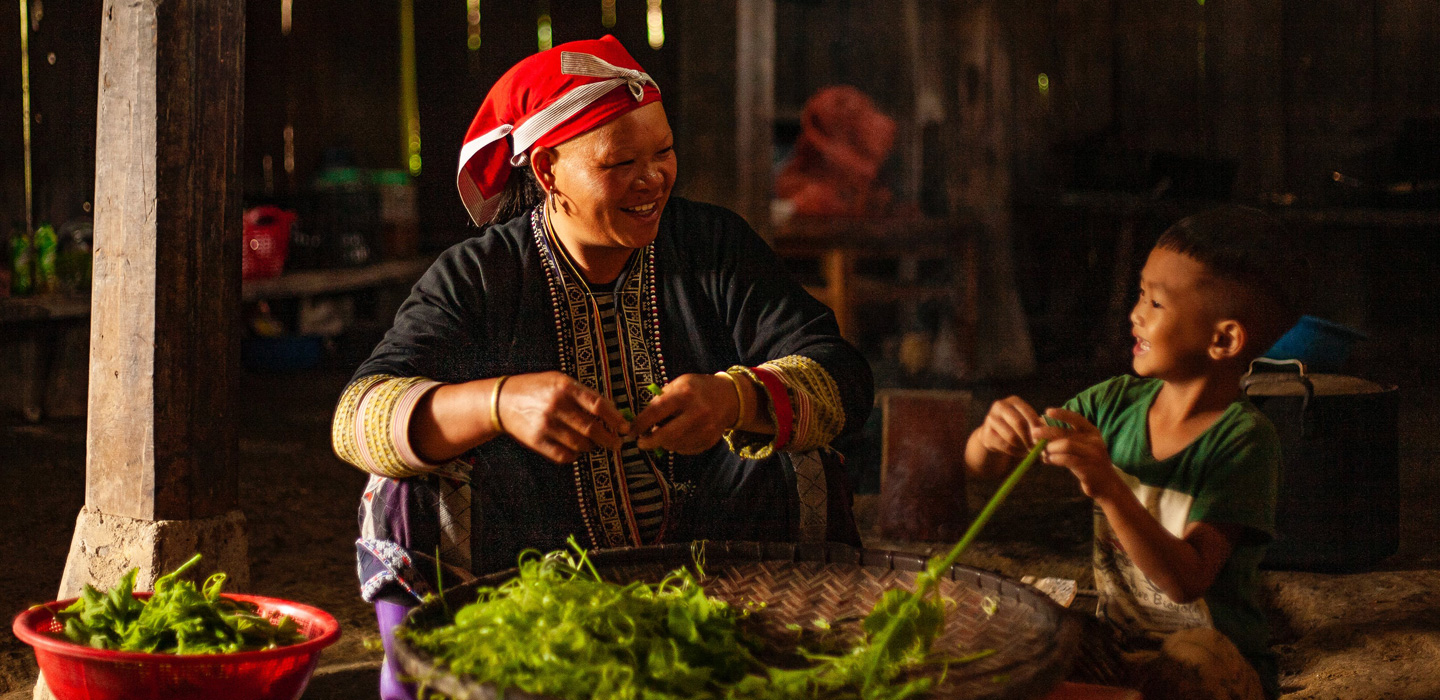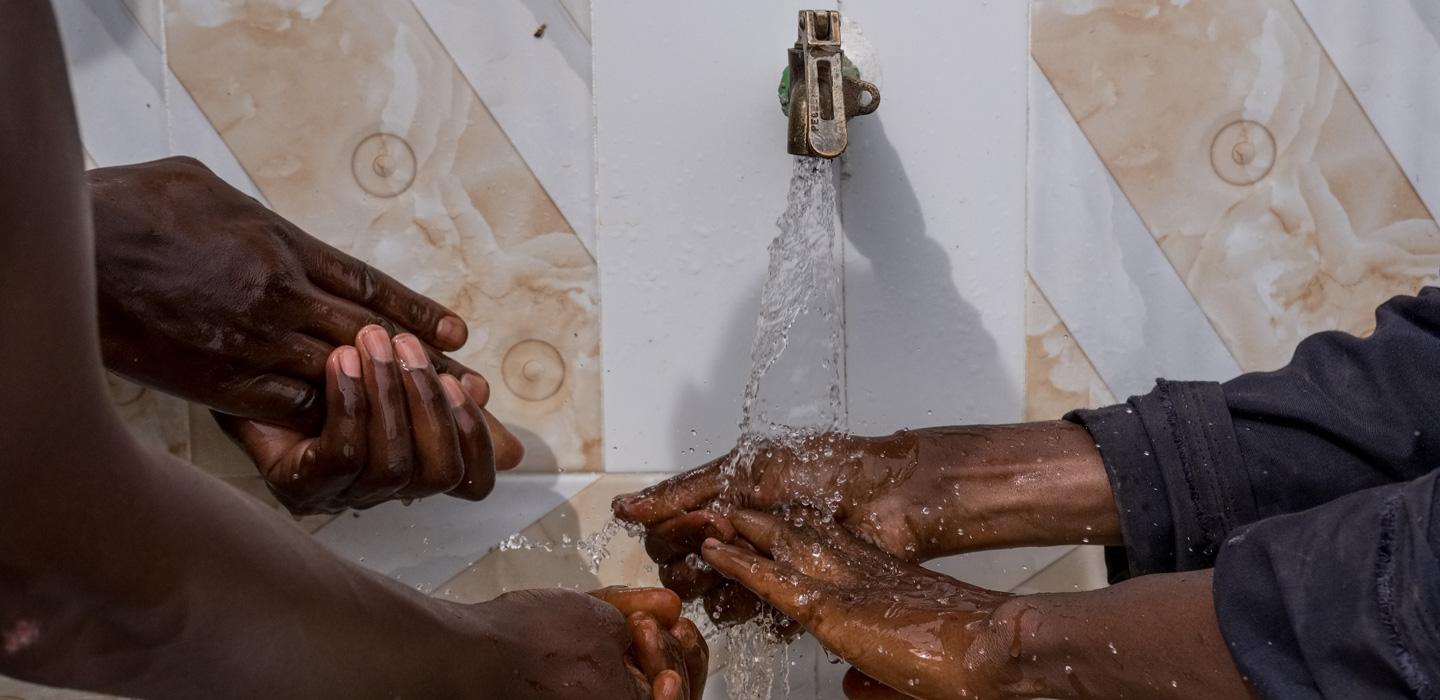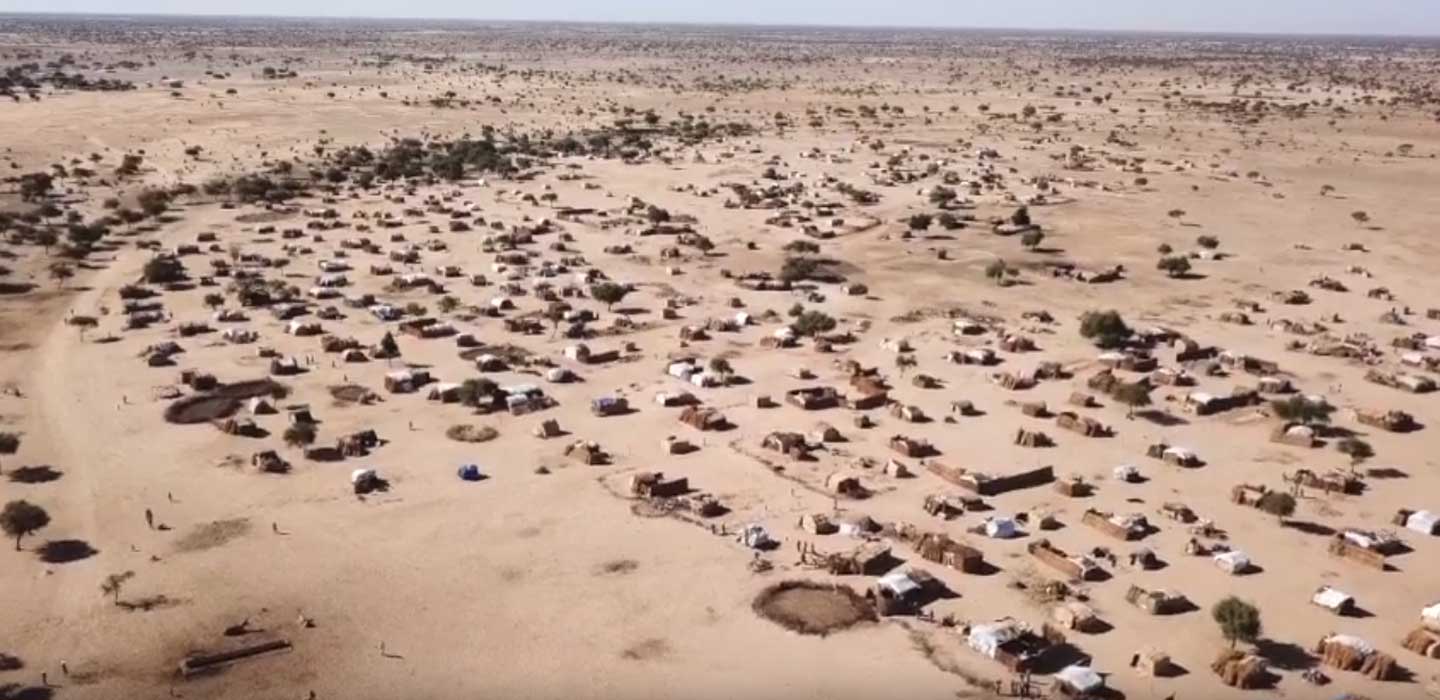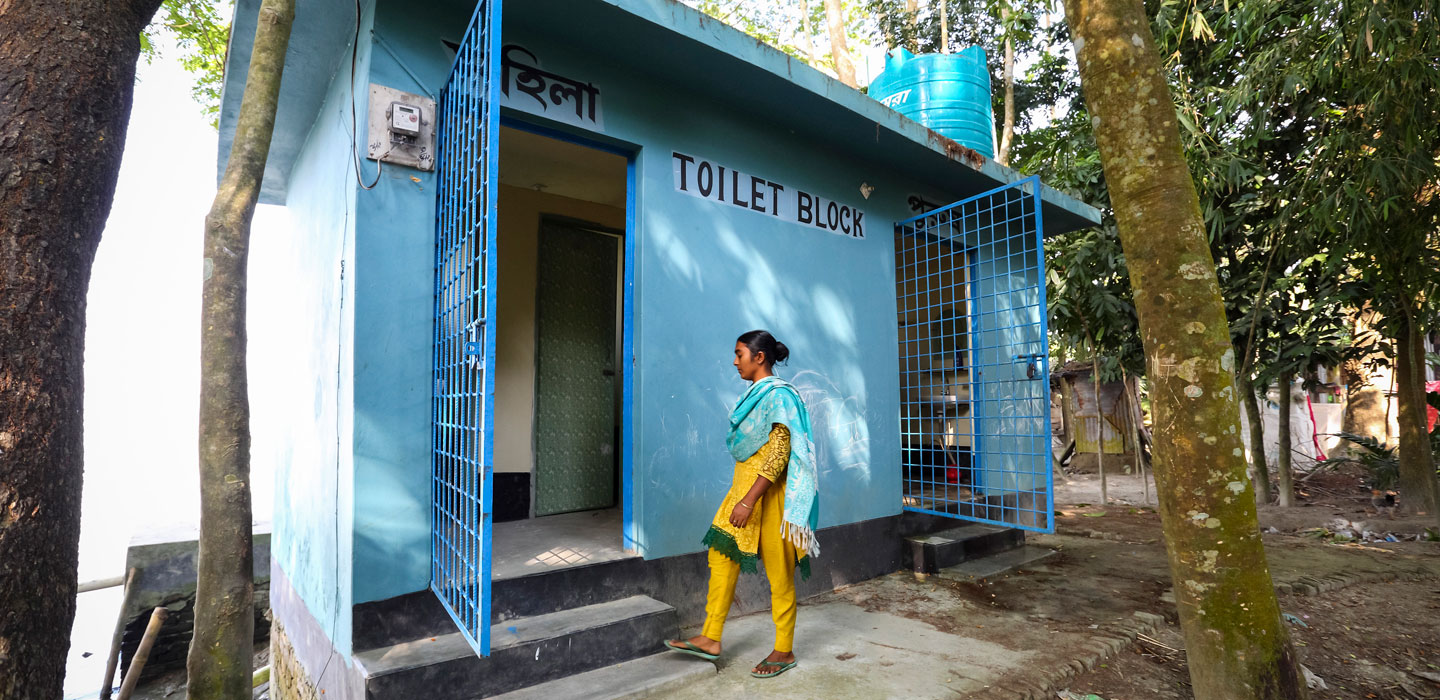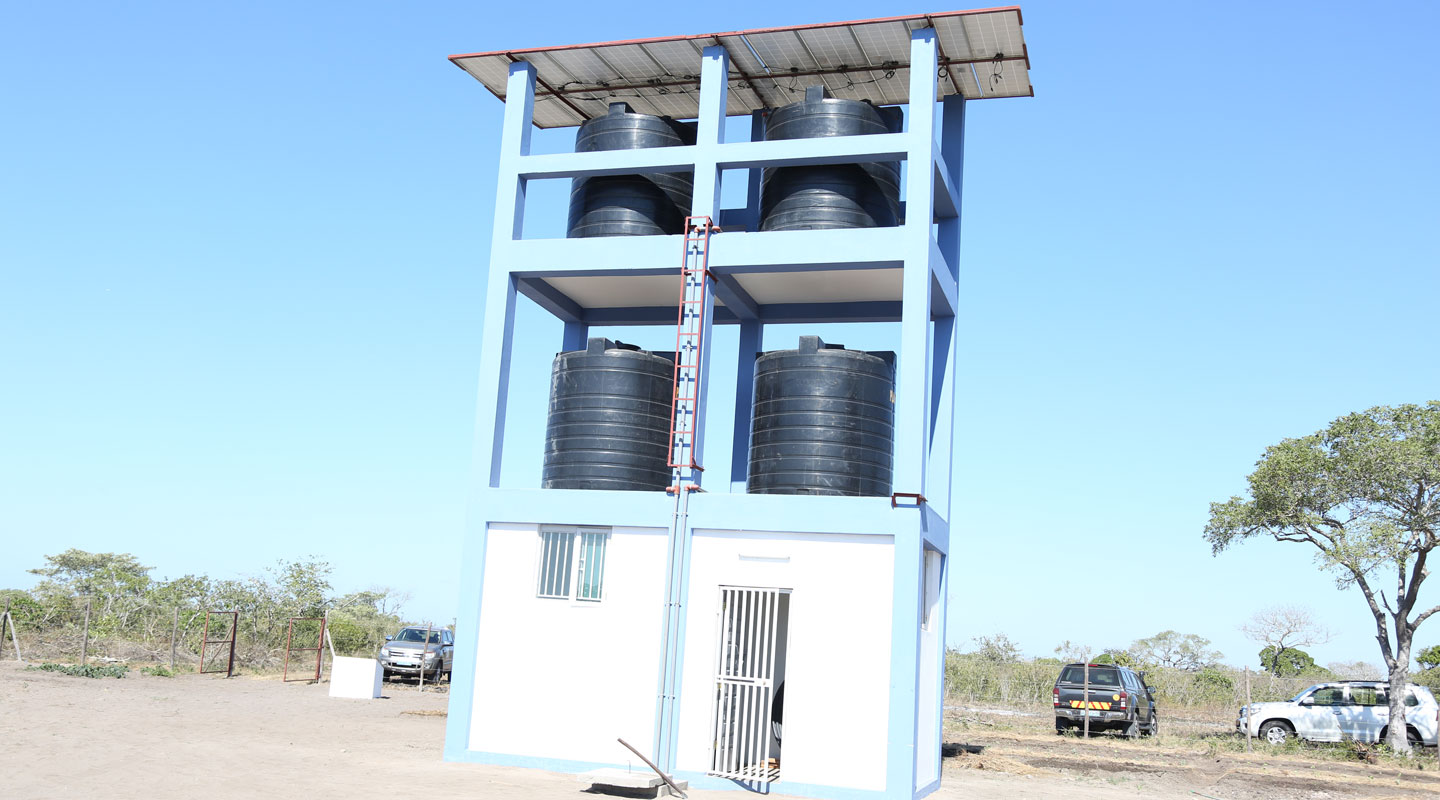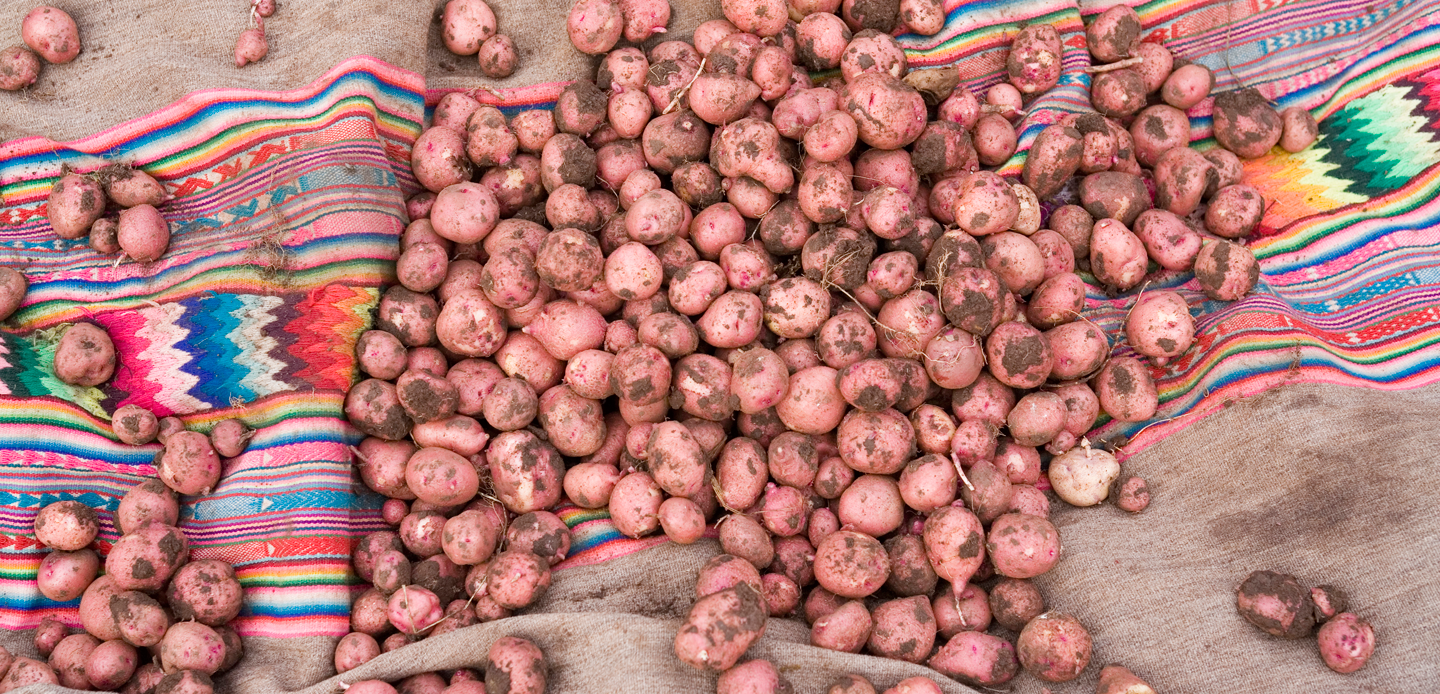Latest
Latest

Latest
Manual Submenu Topics
SearchResultsFilters
Search Results
Groundwater can help small-scale farmers adapt to climate change, if it’s used sustainably
If groundwater is used carefully, it can be used by small-scale farmers to grow the crops they need to feed their families and build livelihoods in areas that are strongly affected by climate change.
Uncovering the truths about groundwater
Below our feet lies a hidden treasure: groundwater. It sustains ecosystems and provides food, drink and livelihoods for billions. And as climate patterns change with global heating, this reliable water source is becoming ever more important for food security and livelihoods.
Fostering ecosystem services in the Peruvian Andes
The FIDA-MERESE project has helped farmers in the Jequetepeque and Cañete river basins become stewards of the ecosystems on which they depend.
Public-private partnerships accelerate climate change adaptation in Viet Nam
In recent years, saline intrusion – the encroachment of seawater into fresh water sources – has become a serious threat to small-scale farmers in Viet Nam’s Mekong Delta. Thanks to a public-private partnership, a local technology company was able to collaborate with an IFAD-supported project to create a lasting solution.
Protecting homes and livelihoods in Bangladesh’s Haor Basin
On one terrible day four years ago, Anjuli Rani Das’s life was swept away before her eyes. A flash flood engulfed her small duck farm, washing away everything she had worked for in the past years.
What do the IPCC report’s findings mean for rural dwellers? Your questions answered
The IPCC report released in summer 2021 leaves no more room for ambiguity: the climate is changing, and it’s because of human activity. Here, we answer some of your questions about the report, why it’s important, and what its findings mean for some of the world’s most vulnerable populations.
The challenges and opportunities of investing in small-scale irrigation
Many countries in the Arab world rely on irrigation for their agricultural production. However, large-scale irrigation schemes have historically been difficult to manage. Small-scale schemes, when planned well from the outset, can be the solution.
Returning to Brazil’s Gente de Valor project: Lessons on sustainable impact
The Gente de Valor project was designed to assist the sertanejos (those who live in Brazil’s semi-arid region). It featured a community-driven development approach that promoted active participation and local leadership. Five years after the project ended, IFAD returned to evaluate the project’s outcomes and the effects of this approach.
What we’re reading for World Water Week
Here’s a list of our favourite books and other resources about the state of water in our world and the way it intersects with our politics, economics and societies.
Community-driven change brings water security in Tonga
Eua Island is home to many of the Kingdom of Tonga’s natural resources. Recently, climate change and natural disasters have caused significant water supply challenges, but an IFAD-supported project – made possible by the islanders’ incredible community spirit – is working to change that.
Three ways to harvest water in Brazil’s sertão
For centuries, people living in Brazil’s semi-arid region have struggled with a lack of water. But over the last decades, thanks to support from IFAD and other development actors, these communities are squeezing a few more drops of water from Mother Nature.
The promises the olive grove holds: Fadieh’s story
Growing olive trees in Jordan, one of the driest countries in the world, isn’t easy. Every day, Fadieh and her family spend hours tilling the soil and tending to the trees, but the most demanding task is keeping the trees hydrated.
Making every drop count: Saving water and rural livelihoods
Until recently, every time Fatima Hassan Mohamed needed water to wash, cook, or drink, the mother of five had to set out on foot. The nearest water source was more than 20 kilometers away.
Why water is crucial for sustainable food systems
Enhancing irrigation efficiency is not a priority in policy agendas, being overshadowed by the global issue of access to drinking water and sanitation.
There is a growing climate emergency facing smallholders across Asia Pacific – what is IFAD doing about it?
According to UN reports, the Asia Pacific region is the most disaster-prone region in the world. Nearly 45 per cent of the world’s natural disasters occur in the region.
To “green” the Sahel, we need big plans and small actions
The best way to make the desert bloom is to dig a hole. Not a well, but a shallow pit in the sandy soil about as wide as the length of your forearm. Then add some dung, plant your seeds, and wait for the rains.
Climate change talks cannot continue to ignore the needs of small-scale farmers
Poor rural people are among the hardest hit by climate change while contributing little to its causes. They deserve a fair share of climate finance to improve their resilience, and a seat at the table for the global climate talks.
Taking back springtime: IFAD-supported project revitalizes irrigation in remote China
The return of spring to Santiaogou, a tiny village nestled high in China’s remote, mountainous Qinghai province, should have been idyllic.
Ethiopia: Water Works
Water is a vital ingredient for growing many crops around the globe, but while the world has enough water, it’s often not in the right places, at the right time.
The difference four years makes: A small Ecuadorean town goes from subsistence to prosperity with IFAD’s support
Four years ago, the residents of Chiquicha were just gathering the first fruits of an irrigation project.
How do shocks affect project impacts?
Past experience tells us that quick, tailored support is required to ensure that the impacts of our projects are protected from the effects of the COVID-19 crisis.
IFAD-funded water system helps Kenyan students stay safe
Last month, we brought you the story of the Mukurwe-ini Technical Training Institute, a school in Kenya’s Nyeri county whose new roof water harvesting system was improving the lives of the students, staff and nearby residents. In recent days, with Kenya now affected by COVID-19, we reached out to Patrick Muchemi, principal of the Institute.
Six ways investing in rural communities makes people healthier
Malnutrition causes health problems and losses in economic productivity. Over the course of their lifetimes, malnourished individuals can earn 10 per cent less than those who are well-nourished.
A future for students with water, vegetables and roses
In Kenya’s Nyeri county, sustainable water system technologies have substantially improved the lives of students, staff and surrounding communities and have opened up a brighter future for many.
Could avocados save Nairobi's water?
Esther Wandia is an avocado convert. Two years ago, the single mother of four decided to set up a tree nursery on her farm in Makomboki, in a hilly area north of Nairobi known for its tea production.
Niger: No safety without water
Increasing violence in the Sahel region is causing a rise in the number of internally displaced persons. Fleeing Boko Haram through the desert, there is an urgent need for shelter and basic resources, like water.
IFAD to provide US$43 million to boost aquaculture in Mozambique
IFAD announced today support for a new project to reduce poverty and increase production and incomes for more than 88,000 rural small-scale fish farmers through aquaculture.
Sanitation pays for itself and is the business opportunity of the decade
Water and sanitation are at the very core of sustainable development, critical to the survival of people and the planet. SDG6 not only addresses the issues relating to drinking water, sanitation and hygiene, but also the quality and sustainability of water resources worldwide.
Assets for life: Small, but innovative, investments in water infrastructures, transform livelihoods in Mozambique
Mapai is one of the driest districts of Mozambique, with an arid and semi-arid tropical climate where water for consumption, cattle and agriculture is the major challenge for the people living there.
I’m a potato grower! Strengthening innovation to empower potato growers in the Andes
The world is faced with a rising demand for food due to population growth, changes in dietary habits and the availability of agricultural resources. As a result farmers need to be more efficient and productive.

